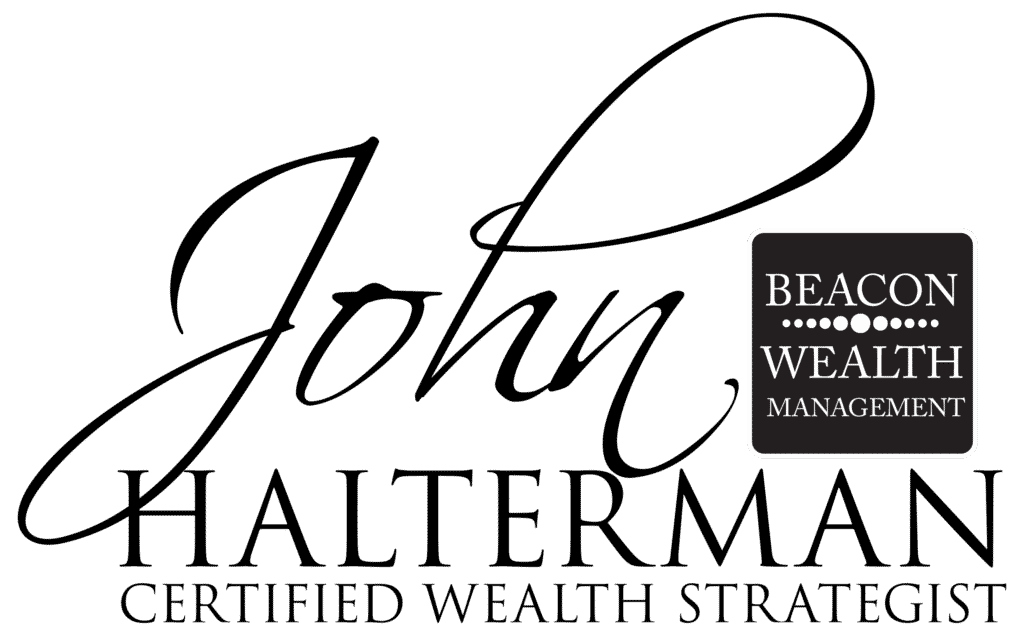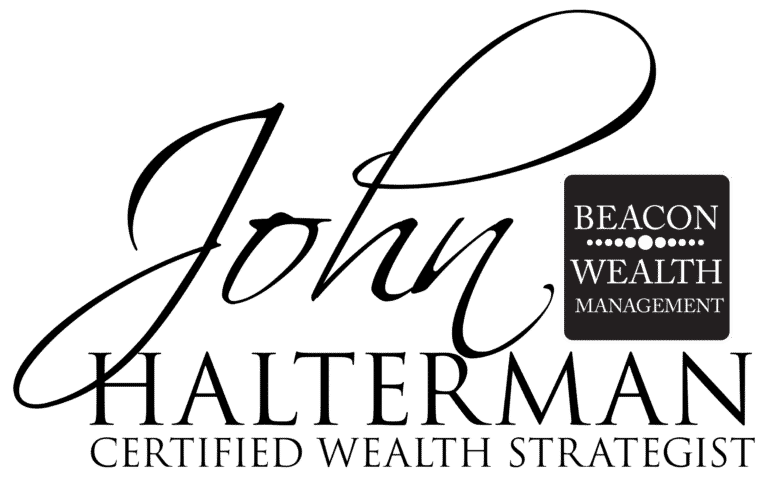By John Halterman Do you know what drives your investment returns? If you’re like most people, the first thing that comes to mind is probably market performance. That’s not surprising, because not only do you hear stories of people making it big by playing the market, but many advisors also tell their clients this lie: that the performance of your investments is the key factor in a successful retirement strategy. But just because it’s what most people think doesn’t make it true. The problem is, performance is not the ultimate deciding factor in successful investing. But if it’s not about returns, then what truly matters when it comes to long-term investing results? The truth is that long-term, real portfolio returns are typically less affected by the relative performance of investments. According to research by Vanguard, what drives returns more is the behavior of the owners of those portfolios. How Your Behavior Affects Your Finances If an investor’s behavior is influenced by the lure of performance, it could cause them to make unwise decisions that put their financial future in harm’s way. The truth is, there’s no beating the market over long periods, and attempting to do so is time-consuming and potentially dangerous. A 2015 DALBAR study, Quantitative Analysis of Investor Behavior, showed just how poorly investors perform relative to market benchmarks over time. What turned out to be the biggest reason for underperformance by investors participating in the markets? Their decisions. Behavioral biases, such as focusing on investment performance, lead to poor investment decision-making. Many investors fall prey to emotional decision-making and, in an attempt to avoid losses or cash in on a potential victory, they buy high and sell low. This behavior lowers their overall return and puts their financial plan in jeopardy. How Important Is Behavior? The annually updated research that DALBAR provides shows the importance of behavior in hard numbers. Using data from mutual fund sales, redemptions, and exchanges as the measure of investor behavior, the study shows that there is a sizable difference between the 20-year average compound rate of return of the average large-cap mutual fund in the U.S. and the average return realized by the average equity mutual fund investor. For example, in 2015, the 20-year annualized S&P 500 return was 8.19%, but for the average equity mutual fund investor, it was 4.67%. Although the numbers will change from year to year, the relationship between the two stays rather constant. Over 20-year periods, the average fund investor ends up with less than half of the return of the average fund. In a financial world where almost every advisor is touting his ability to outperform the market as the reason he is better than the guy across the street, the sad truth is that his investor is underperforming his own investments by a large margin. Keys To Success A goals-based strategy with appropriate allocation and diversification coupled with successfully managing investor behavior will account for 90%+ of real world investor return over time. Furthermore, working with a trusted wealth advisor who understands that investor behavior is the key determinant of financial success can help you achieve higher returns by avoiding mistakes. Here are a few ways to use your behavior to help your investments instead of hurting them: Keep a long-term perspective. The markets fluctuate every day. You’ll only cause yourself undue stress and make emotional decisions if you monitor your performance and adjust your investments every time something unexpected happens. It’s more important to maintain a long-term view and stick to a disciplined approach. Look for cost-effective investments. It’s basic math — gross return less costs equals net return. Avoid investments with high costs or hidden fees, which can drastically eat away at your assets over the long-term. Rebalance to maintain proper allocation. We like to meet with our clients at least once a year to review their portfolio. Since we serve as tactical money managers in our advisory accounts, we change allocations and rebalance the portfolio as our research deems necessary. This helps ensure that your portfolio reflects your appropriate level of risk and is adjusted for any significant changes in your life. The Performance Measurement That Matters Most When it comes to investing, what matters most is not market performance or this year’s hot stock picks; it’s applying the right behaviors to a personalized strategy based on your specific goals and needs. Has your wealth advisor talked to you about how investor behavior is the key determinant of financial success and how it is addressed in your retirement strategy? Or were you pitched on a value proposition built on the lie of outperformance? By using a disciplined approach, focusing on the long-term, and working with an unbiased advisor who understands investor behavior, you can work toward your goals and a successful retirement. At Beacon Wealth Management, our mission is to help you make smart decisions about your money. To learn more about your investment portfolio and what does matter for your specific situation, book a free 60 minute discovery consultation. About John John is the founder and owner of Beacon Wealth Management. He specializes in helping entrepreneurs, professional practitioners and retirees overcome the major financial challenges facing affluent families. As a trusted and friendly financial partner, John delivers a collaborative client experience that empowers and guides people to reach a greater purpose for their wealth and pursue their financial dreams. He understands the multifaceted set of financial worries people face as they become more successful and get within 15 years of retirement. John is well-regarded throughout the business community for his expertise. He has appeared as an expert guest on the “Brian Tracy Show” and “Hollywood live with Jack Canfield”, is the co-author of the book, Masters of Success with Brian Tracy, is the host of the WDTV News 5 segment, “Solutions 4 Financial Independence,” and has conducted hundreds of educational events on Retirement and Investment Advisory, Tax Reduction and Wealth Transfer Planning. These include many Universities, Federal Employees, Professional Associations, Large Energy and Utility Companies throughout the state of WV. With more than two decades of experience, John is credentialed as a Certified Wealth Strategist (CWS), Accredited Investment Fiduciary (AIF), Certified Estate Planner (CEP), Chartered Federal Employee Benefits Consultant (ChFEBC), Professional Plan Consultant (PPC) and Registered Financial Consultant (RFC). He is also a past multi-year member of Ed Slott’s Master Elite IRA Study Group. A native of Weston, West Virginia, John served in the United States Air Force prior to becoming a Wealth Advisor. Today, he resides with his family in Clarksburg, West Virginia. He and his wife, Lisa, have been married since 2005 and have three amazing children. A family-oriented man, he enjoys giving back to his community, coaching youth sports, landscaping, architectural design and playing racquetball.

-
John Halterman
Let’s Have a Conversation
Request Your 15 Minute Discovery Call Today!
Just like you don’t trust just anyone with your savings, we can’t help everyone that wants to work with us. In this call, we’ll make sure we are a good fit for one another.
Check out the background of firms and investment professionals on FINRA’s BrokerCheck.
Securities offered through Cambridge Investment Research, Inc., a broker-dealer, member FINRA/SIPC. Advisory services offered through Cambridge Investment Research Advisors, Inc., a Registered Investment Adviser. Beacon Wealth Management operates independently of Cambridge. This communication is strictly intended for individuals residing in the states of WV, PA, OH, MD, NC, SC, TX, FL, NY, DE, KY, CA and WI. No offers may be made or accepted from any resident outside the specific state(s) referenced.
- 2024 Beacon Wealth Management
- All Rights Reserved


